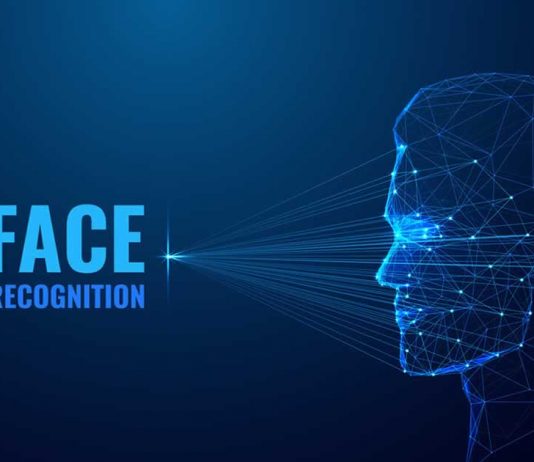Until not many years ago, facial recognition seemed like a thing of science fiction, and today we have it even in the cheapest smartphone as a means of unlocking.
To try to shed light on facial recognition, technology critic and privacy designer Tijmen Schep has created a website where he explains step by step how companies and governments around the world use facial recognition systems.
To learn how facial recognition works, first, we have to visit the website called Hownormalami and give access to the camera of our computer or phone.
From there, it will begin to detail the operation of facial recognition and what things they can know about us in a few seconds. The project is funded by the European Union, and, as reported in the terms and conditions, the website will not store facial recognition data.
How Facial Recognition Works
After turning on your webcam, the website starts to record your face and analyze the features based on artificial intelligence and machine learning. Tijmen Schep himself will be the one who guides us in this ‘adventure’ through the different steps of facial recognition.
The project’s main aim is to make us understand why facial recognition is important in our day-to-day and some examples of companies that use it as another metric.
The algorithm then begins to work with our face, and little by little it collects data about it. Once we manually choose the age, the algorithm compares our level of beauty with the database. According to the creator, this aspect is used in some dating social networks and others such as TikTok, which ‘reward’ users with views that the algorithm classifies as handsome.
The next step in the process is real age recognition. Schep says that age is one of the most important factors for some companies. He gives the example of facial recognition in some supermarkets that are able to know the ages of their customers to better classify the products to offer. This time I almost got it right, I’m 28 years old, and the algorithm throws me 29.
Facial recognition is also capable of recognizing the gender of the person in front of it. And Schep indicates that it is used by some companies to classify users of their applications or customers who physically go to a store. Similar to what happens with age.
The next step of analyzes is estimating the body mass index. In this case, it is based on our face and explains that some companies are able to know that a user has lost weight or gained weight using this data and comparing it over time.
Based on all of the above, the algorithm developed by Tijmen Schep provides a life expectancy. It ensures that this prediction can be used by insurance companies to offer different prices according to what the algorithm estimates that we have left to live.
One of the most interesting points is that of the facial print. Just as each person has a fingerprint pattern on the fingers, the algorithms are capable of identifying different patterns on our face to create a 100% personal fingerprint. This can lead to an identification system that can be used by governments or companies to know the movements and behaviors of a person, associating a face with that facial print.
The experiment is coming to an end, not without first informing us about the expression on our face. For this, in the first moments of the study, we are shown an image of a dog. If we smile, the algorithm will detect it, and it will be able to know our mood or our reaction to seeing a dog.
And finally, it informs us of how much we have interacted with the web page through a heat map. Some pages incorporate a code that is able to recognize where we have moved the mouse to learn more about the behavior and habits of the users who visit it.
Before giving us the ‘normal’ score that we are based on facial recognition, the creator allows us to upload our case to the cloud so that the algorithm can continue learning or continue without sending any data.
